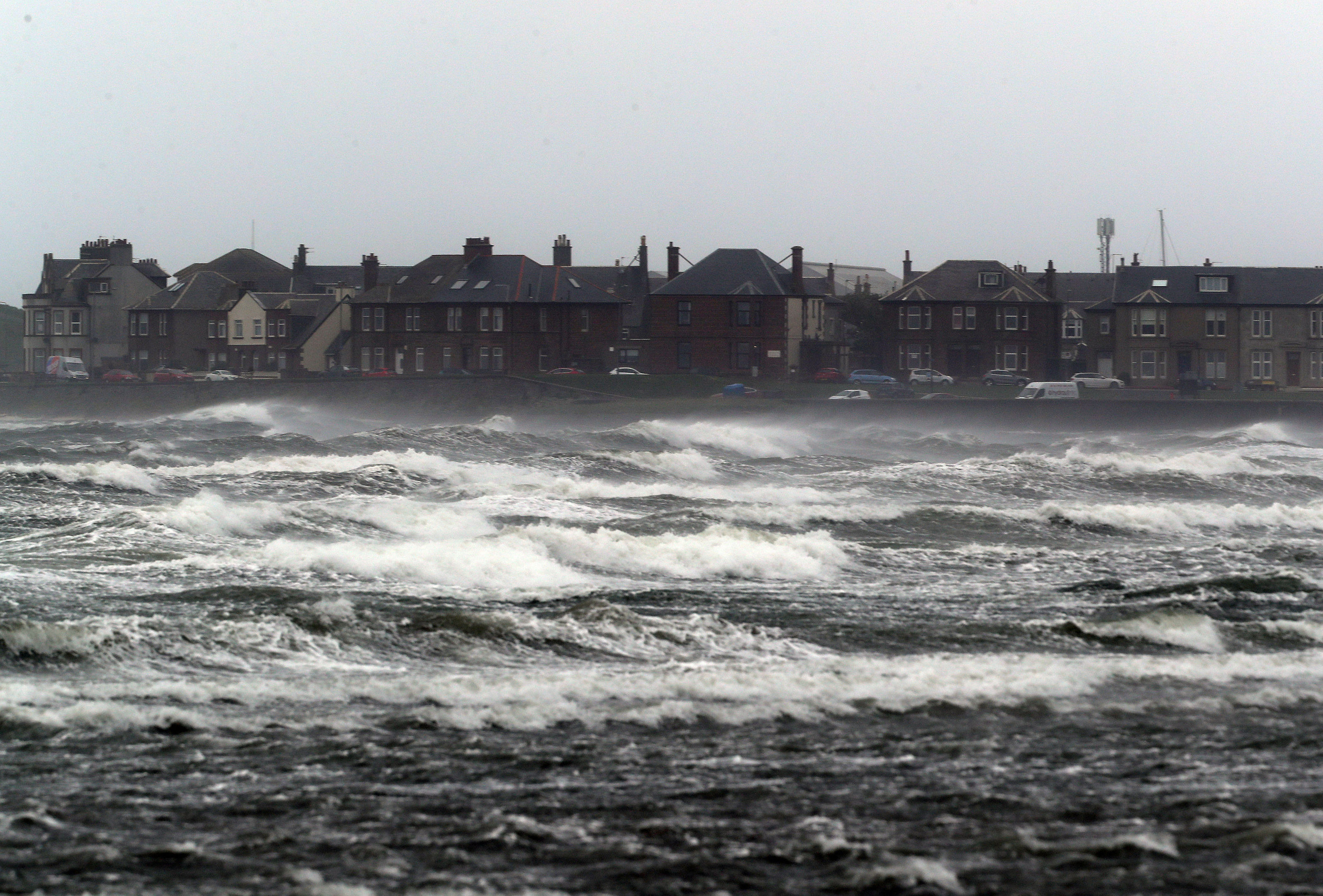
Discussing the weather beats other national pastimes such as drinking tea, queuing and apologising unnecessarily to be the most “typical” British trait, a poll suggests.
Now experts want to tap into this very British obsession to sign up “sofa scientists” for a project to upload historical data on the weather to help assess how the climate is changing.
A poll of 2,000 people by Censuswide for British Science Week found that 42% of those quizzed considered discussing the weather to be one of the most typical British traits.
That was ahead of drinking tea (39%), queuing (35%) and apologising unnecessarily (20%) as well as other traits such as drinking too much, using sarcasm, watching TV soaps and keeping a stiff upper lip.
The survey also suggests people use weather as a common source of small talk for everyone from members of their family to the hairdresser and dog walkers.
A third of respondents check the conditions or forecast before they leave the house, and two-fifths (40%) said the weather affects their mood in their daily lives.
The British Science Association (BSA), which co-ordinates British Science Week, has teamed up with Operation Weather Rescue to ask weather-obsessed Britons to take part in a citizen science project during the week from March 8 to 17.
It aims to digitise as many pieces of historical weather data as possible to give experts a better understanding of the climate from the past and help predict future conditions.
Researchers face challenges in accessing historical data sets, with millions of pages of information held in paper archives around the world.
These records could help build a more accurate picture of how the weather has already changed and the implications for climate change today, experts said.
BSA and Operation Weather Rescue have identified two decades of historically significant data from 1860 to 1880, with 2.5 million pieces of information that would take researchers years to enter by themselves.
The public are being asked to help transcribe this data from scanned images of handwritten weather reports to build a picture of how the weather in that period changed over time.
Katherine Mathieson, chief executive of BSA, said: “Everyone can get involved in science, and British Science Week is the perfect way for people of all backgrounds, ages and interests to take part in a project like Operation Weather Rescue.
“We hope to inspire a nation of sofa scientists – igniting that spark that encourages people to take action and make a real difference.
“We encourage everyone to get involved to help us get through as much of the data as possible.”
Professor Ed Hawkins, professor of climate science at the University of Reading and project lead for Operation Weather Rescue, said: “Getting involved this British Science Week is a great opportunity to make a real contribution to ongoing climate research.
“We hope people across the country will join us in taking part in this vital project.
“As the world warms, the data will provide a baseline to help us measure weather changes and monitor climate change, which will have impacts for people, communities and environments across the world.”
To find out more and get involved, people can visit: www.weatherrescue.org

Enjoy the convenience of having The Sunday Post delivered as a digital ePaper straight to your smartphone, tablet or computer.
Subscribe for only £5.49 a month and enjoy all the benefits of the printed paper as a digital replica.
Subscribe